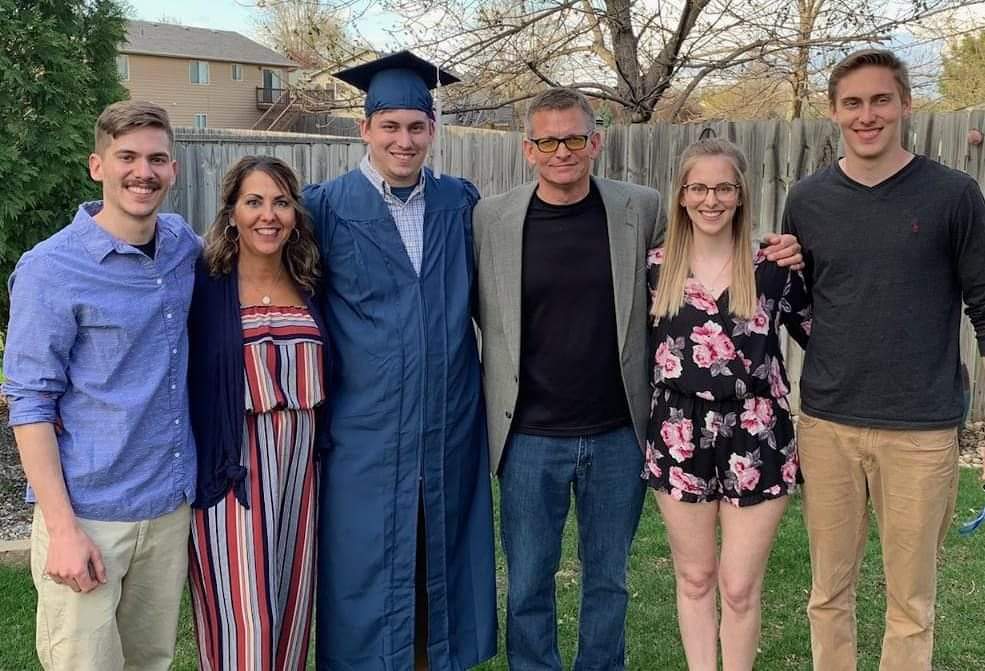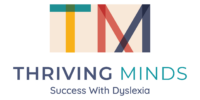About me

The story of
Barb Rounds
Thriving Minds is here to not just help the learner one-on-one but the whole family in realizing dyslexia is just finding the right educational options to match one’s learning style and that it will begin a pathway to success for learners with dyslexia.
Through the years I have worked with many students who have had struggles with reading, writing, and math. I have tried to continue my education in as many ways as I can to keep up with the data. I learned along the way that teachers have true compassion and they want students to thrive, however, the word “thriving” raised another level when I learned our son was most likely a dyslexic learner. I knew no one would care more about his education, wellbeing, and confidence as we would and that is how dyslexia became my ”why”.
He had been told for so many years that he wasn’t trying hard enough and that he didn’t pay attention. When I did my research I found out that dyslexia affects learning in so many different ways:
It affects a child's ability to recognize and manipulate the sounds in language. Kids with dyslexia have a hard time decoding new words or breaking them down into manageable chunks they can then sound out. This causes difficulty with reading, writing, and spelling.
Students with dyslexia may have behavioral challenges due to auditory processing or executive function deficits.
People with dyslexia have trouble reading at a good pace and without mistakes. They may also have a hard time with reading comprehension, spelling, and writing. But these challenges aren't a problem with intelligence.
After this research, I knew my son, Garret, had been trying the whole time, but the teachers were simply not trained in working with disabilities related to dyslexia. Following an assessment at age 19, Garret learned more about his learning style and gained confidence for his future. He realized that he learns differently than others around him, and most importantly, he learned that he is a capable learner. Garret took on the great challenge of advancing his education to receive an ENDT degree, and he is currently employed at Mayo Clinic in Rochester, MN. He grew to become a young professional who embraces being a dyslexic thinker. He understands that he will meet challenges going forth requiring him to maintain focus and continue to work hard to excel in his field.
All learners have the natural desire to learn and excel. That trait quickly disappears when the teaching methods do not match well with one’s learning style. Despite a high intelligence level, a student’s ability to learn will be severely affected when one’s learning style is not being met. When traditional school methods are not producing results for a child, a different pathway must form to meet with academic success.
